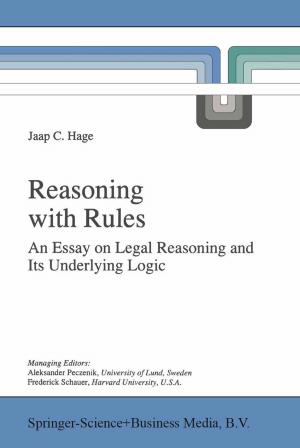| Author: | J.R. Mendola | ISBN: | 9789401156608 |
| Publisher: | Springer Netherlands | Publication: | December 6, 2012 |
| Imprint: | Springer | Language: | English |
| Author: | J.R. Mendola |
| ISBN: | 9789401156608 |
| Publisher: | Springer Netherlands |
| Publication: | December 6, 2012 |
| Imprint: | Springer |
| Language: | English |
Conscious experience and thought content are customarily treated as distinct problems. This book argues that they are not. Part One develops a chastened empiricist theory of content, which cedes to experience a crucial role in rooting the contents of thoughts, but deploys an expanded conception of experience and of the ways in which contents may be rooted in experience. Part Two shows how, were the world as we experience it to be, our neurophysiology would be sufficient to constitute capacities for the range of intuitive thoughts recognized by Part One. Part Three argues that physics has shown that our experience is not veridical, and that this implies that no completely plausible account of how we have thoughts is comprehensible by humans. Yet this leaves thoughts not especially suspect, because such considerations also imply that all positive and contingent human conceptions of anything are false.
Conscious experience and thought content are customarily treated as distinct problems. This book argues that they are not. Part One develops a chastened empiricist theory of content, which cedes to experience a crucial role in rooting the contents of thoughts, but deploys an expanded conception of experience and of the ways in which contents may be rooted in experience. Part Two shows how, were the world as we experience it to be, our neurophysiology would be sufficient to constitute capacities for the range of intuitive thoughts recognized by Part One. Part Three argues that physics has shown that our experience is not veridical, and that this implies that no completely plausible account of how we have thoughts is comprehensible by humans. Yet this leaves thoughts not especially suspect, because such considerations also imply that all positive and contingent human conceptions of anything are false.















